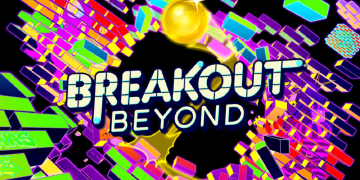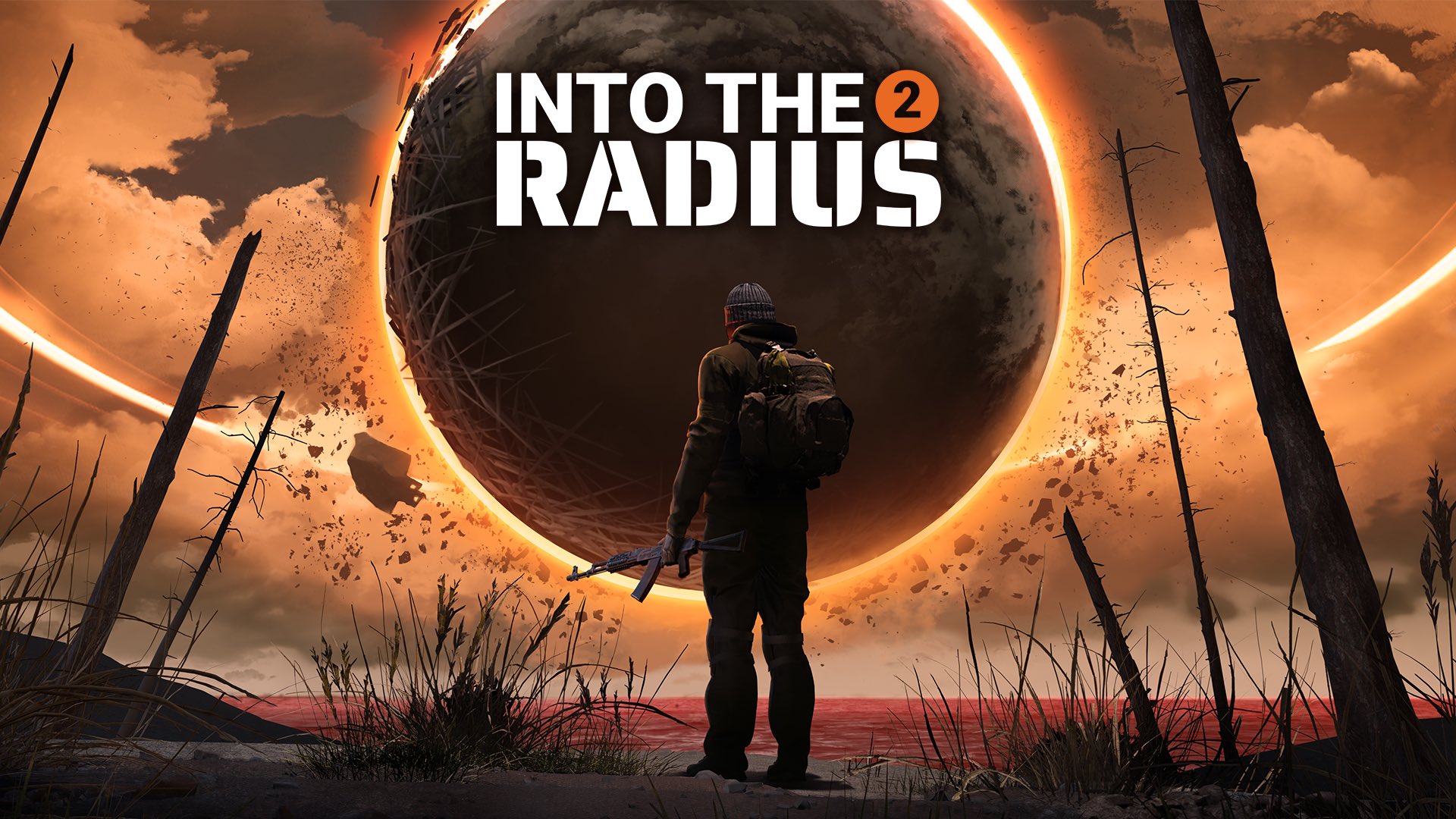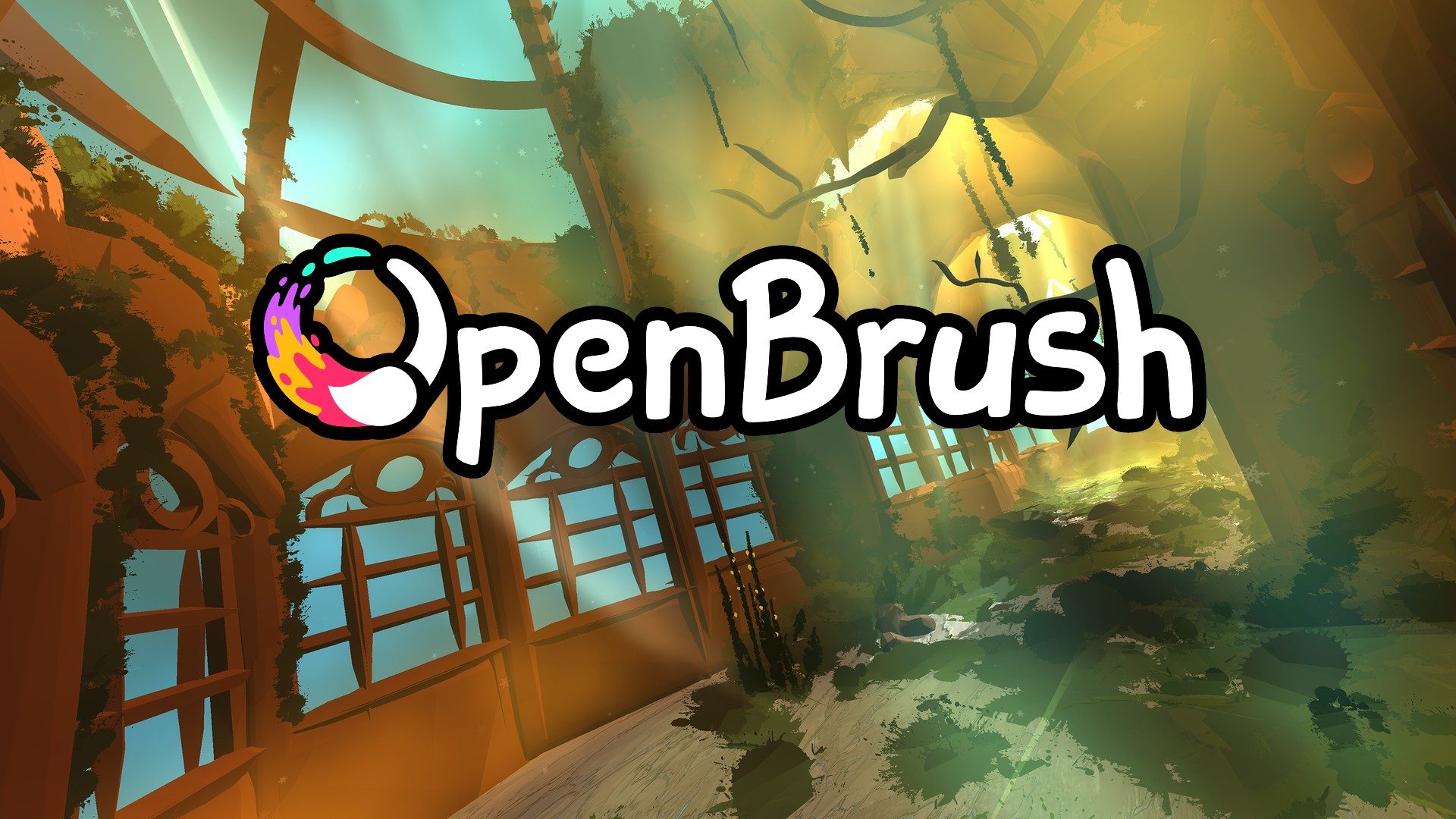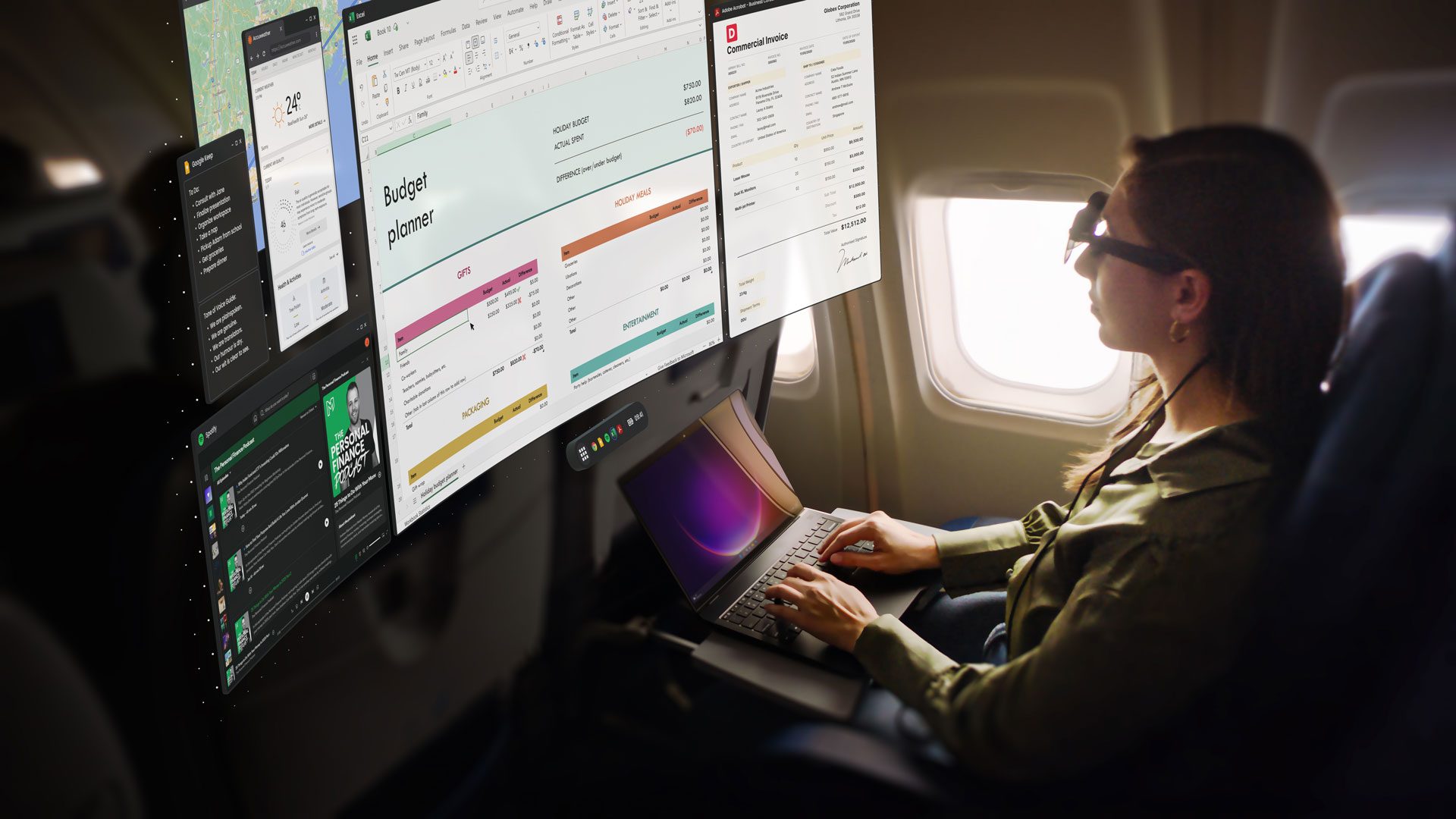I often find myself battling anxiety about the present and future. Like many families, mine can be quite chaotic. Though I could take a walk to destress, daily routines often keep me tied down, especially in a small living space where tranquility is hard to come by. Even in the rare quiet moments, my mind tends to wander and dwell on worries.
Music and the soothing sounds of whales have offered a bit of relief, but I needed something more to break the cycle of overthinking. Fortunately, modern technology offers several tools to help maintain sanity, even when a therapist isn’t within reach.
Tripp’s virtual reality meditation program and their free mobile app have been significant for me. As someone who finds solace in video games, it was only natural for me to gravitate toward Tripp’s VR app. Gaming, as it turns out, also provided a sort of sanctuary for Tripp’s co-founder and CEO, Nanea Reeves.
Reflecting on her experiences, Reeves shared, “Video games have been a retreat for me at times in my life. Even casual mobile games have helped clear my mind when I get stuck in negative thoughts.”
I’ve tried their free VR app demo several times, especially when feeling particularly lost. It offered a private, albeit virtual, space to relax and simply exist. The immersive experience, complete with serene audio and vibrant kaleidoscope-like visuals, made a profound impact.
Tripp was partly inspired by the powerful capabilities of virtual reality. Reeves said, “I was an early investor in Oculus, which gave me access to their devices. Early VR experiences often focused on fear, like feeling you’re on a cliff’s edge. I thought, if VR could evoke fear, what other emotions could it harness?”
The demo opens with a mesmerizing fireworks show, followed by a visit from the Tripp hummingbird, Terrence. I participated in an exercise where I maneuvered a spherical object through obstacles, collecting coins along the way. The app’s narrator likens the spaces between obstacles to the gaps between thoughts, where joy resides.
Pema Chödrön’s idea of seeing sunrays through clouds resonates here. Imagining thoughts as physical obstacles, with sunshine in between, felt novel and powerful, particularly if you think in images.
Tripp’s other valuable tool is its AI assistant, Kōkua, now integrated into the VR app. Kōkua is straightforward: I type my mood, and in Reeves’ voice, the AI offers comforting words and a brief reflection to address my stress. Feedback on whether it helped is welcome.
Most times, the app was quite insightful, once mistakenly assuming I had children. Nonetheless, it consistently validated my feelings, which was crucial.
According to Reeves, Kōkua was first rolled out on mobile to gather user feedback before integrating it into Tripp’s subscription-based VR platform. “Our mobile audience is smaller, which allowed us to learn and refine based on user interactions for support,” Reeves explained.
While Tripp’s VR and mobile apps are supportive, Reeves is cautious about replacing professional therapists entirely. They do connect users to support lines if the AI detects someone in distress.
From my perspective, while not a replacement for therapy, these tools certainly help in tough times. They empower me to handle challenges, offering calm amidst chaos. Life is full of conflicts, but Tripp has given me moments of peace.
Tripp VR offers a vibrant and soothing experience. Kōkua isn’t a licensed counselor, but it significantly helps to feel heard, even through a computer program. The potential for VR and AI to enhance psychological well-being is immense, and these advancements could become valuable assets for mental health professionals.
—
Terrence J. Smith, an enthusiastic technology writer, contributes insights to both nonprofit and digital publications. Balancing his love for tech, he remains mindful of nature and the art of meditation.












![[Free Game Giveaway] Pets Hotel for PlayStation (NA/EU) [Free Game Giveaway] Pets Hotel for PlayStation (NA/EU)](https://www.xgamernews.com/wp-content/uploads/2025/05/Free-Game-Giveaway-Pets-Hotel-for-PlayStation-NAEU-360x180.jpg)































